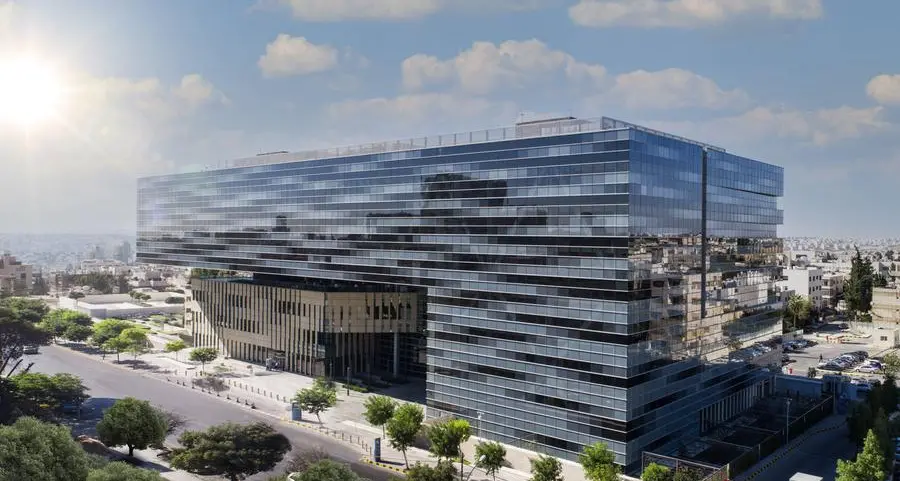
Carlos is a fishery expert who joined the mission at the beginning of the year. He is a naval engineer, with degrees in Law and Information Science, a Master in Information Science and currently doing a PhD on Law, namely on the decision-making process in the EU Fisheries Policy and on stakeholders’ participation. Carlos started his carrier as Coast Guard Officer in Spain, working in the field of maritime fishing and maritime pollution control then pursuing his passion to work on Fisheries at International level and he did not let it slip away! Before landing in Somalia, he worked all around the world, in North and South America, in Africa, in Asia, in the Indian Ocean and in different EU Member States.
Talking about his background Carlos says: my experience enriched me a lot and gave me a new vision and a new approach to international fisheries, which increased my commitment in fighting against Illegal Unregulated and Unreported (IUU) fishing worldwide.
What brought you to work with EUCAP Somalia?My passion for the maritime and fishing world brought me to the mission as Senior Coast Guard Advisor, specialized on fisheries, aware of the challenges I would have face but excited for a new fantastic adventure in this country.
As one of the objectives of the mission is to support Somali maritime sector, though the EU comprehensive approach, the sustainable and profitable development of the fisheries sector is a key for Somalia.
Nowadays, almost all international waters are fully exploited, as are the Economic Exclusive Zones of most coastal countries. Somalia is an exception and it has one of the largest coastlines in Africa and an important volume of fisheries resources are underexploited, so the potential for development is enormous.
The development of this sector would be of a great benefit for Somali society both for wealth creation and food security. The terrible drought that is devastating Somalia has caused an enormous deterioration of its agriculture, and the displacement of many people who have nothing to feed themselves. Fish consumption in the country is very low, less than 3 kilos per person per year, according to FAO data from 2019, so the increase in fish production could be an excellent alternative food source for the population. In addition, it is important to stress that fish is one of the sources of protein of the highest quality and lower carbon footprint in the food industry.
To support Somali institutions, a line of implementation in the fisheries sector was introduced to fight against IUU fishing. But how this can be dealt?The IUU is a global threat, which depends on many different factors and can’t be dealt with in an isolate way. To fight against IUU an appropriate international cooperation approach is needed, as well as the strong cooperation at national level among all institutions involved. Of course, a robust fisheries management system, including the development of strong fisheries control and reliable data collection of all the fishing activities, is essential.
Carlos is conscious that there is a lot to do for the progress of the fishery sector in Somalia but he is positive and confident: after some hesitant beginnings, we at EUCAP are finally working very closely with the Somali Ministry of Fisheries and Marine Resources in the implementation of several activities to improve the capacity of the administration, while mutual trust is growing. I am very optimistic that we will be able to achieve the objectives set out in the mission in terms of combating IUU fishing and developing the Somali fishing sector.
EUCAP Somalia wish Carlos a very good work for the time ahead!
Distributed by APO Group on behalf of EU Capacity Building Mission in Somalia (EUCAP Somalia).


















